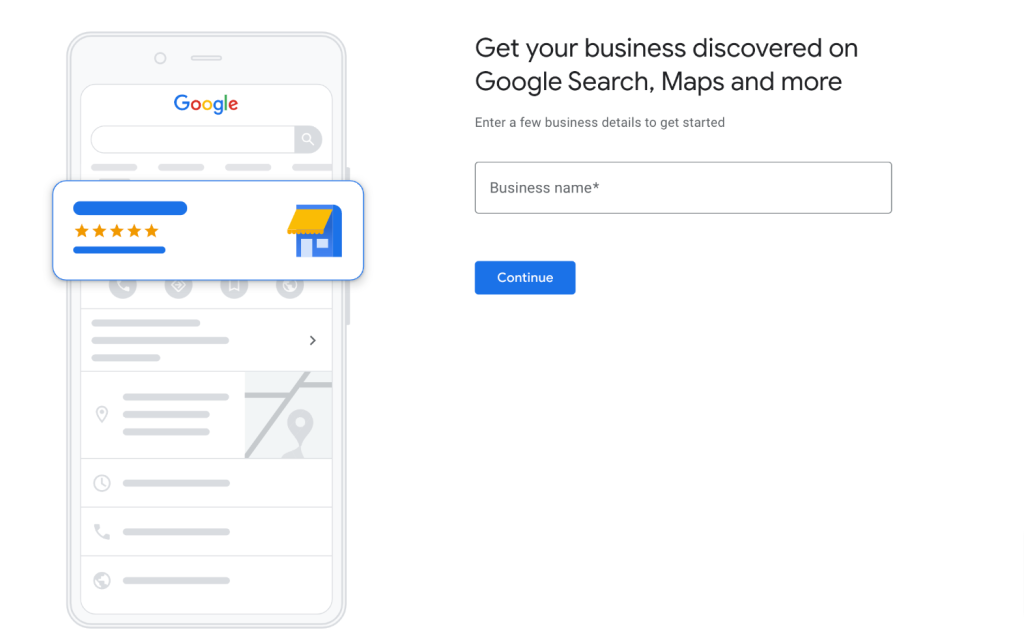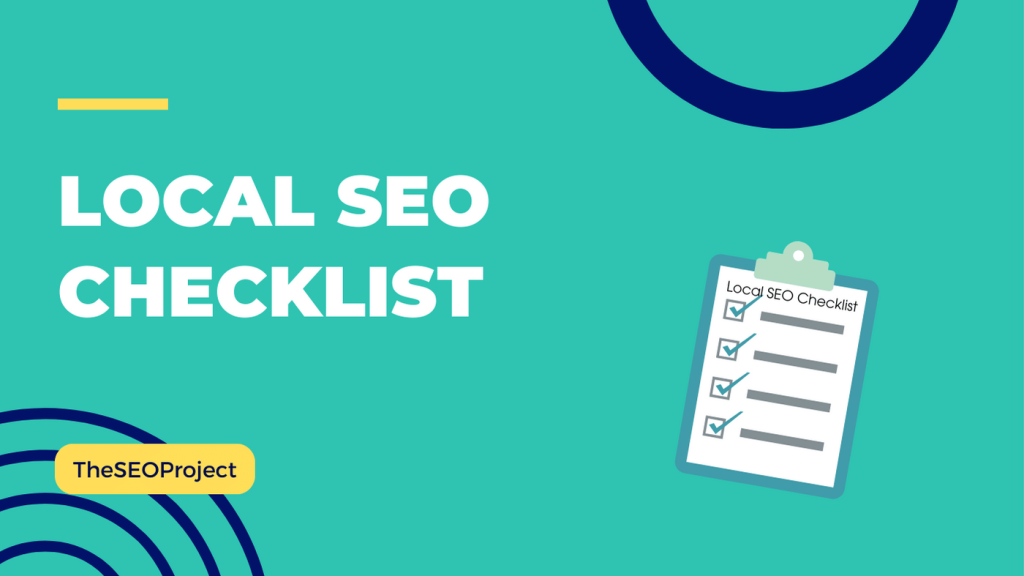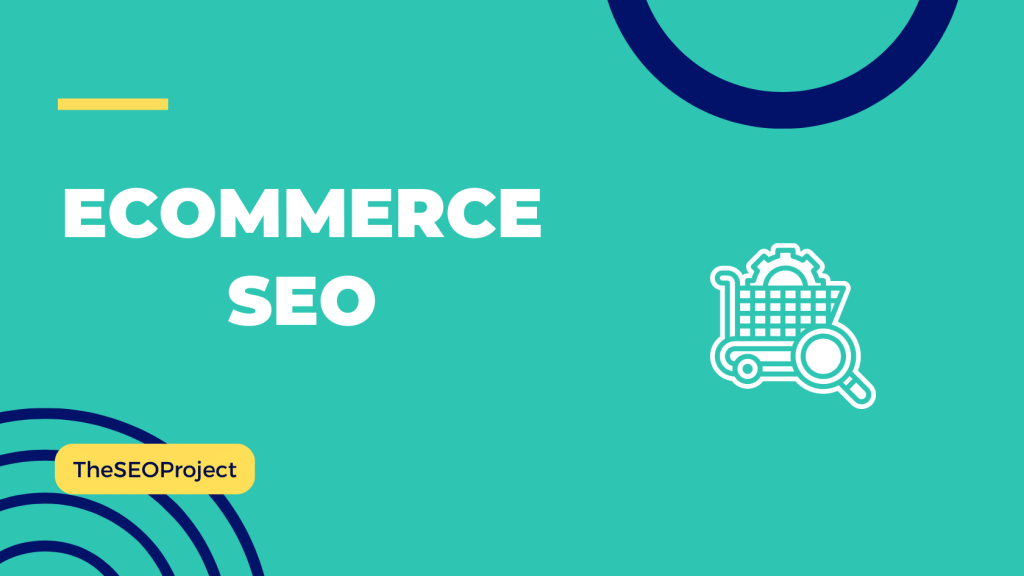In 2025, Local SEO isn’t new, but its importance continues to grow exponentially, adding new updates to the checklist. Around 30% of people search for local businesses daily, while almost half of Google searches are related to local information.
According to SEO statistics, local SEO attracts almost 70% of all website traffic. So, businesses must optimize local SEO properly. Having effective techniques and strategies ultimately grows your business through targeted traffic and improved local search rankings.
In this article, I will provide you with a comprehensive Local SEO checklist that covers all the essential elements to boost your online visibility. From optimizing your website to leveraging local directories, I’ll guide you through every step to ensure your business stands out in local search results.
What is Local SEO?
Local SEO is the practice of optimizing a website to rank in search engine results for a specific geographical area. This is important for businesses with a physical location and wants to attract local customers.
Local SEO is important because it helps businesses rank higher in search engine results when people search for businesses in their local area. For example, if you own a pizza restaurant in New York City, local SEO can help your business shown in search results when someone searches for “pizza restaurants near me” or “pizza restaurants in New York City.”
When optimizing your website for local search, you attract more local customers to your business. This can increase your revenue and build your brand in your local community.
Local SEO Checklist for 2025: A Step-by-Step Guide
Here’s a 6-step checklist for your local SEO that will help you develop organic traffic and attract more local customers to your online store:
1. Perform Keyword Research
To start your Local SEO journey, conduct thorough keyword research. By identifying the relevant keywords and phrases that your target audience is likely to use when searching for products or services similar to what you offer. Utilize tools like Semrush or Google Keyword Planner to discover valuable keywords with high search volumes and low competition.

Additionally, consider using long-tail keywords that include specific location modifiers to optimize your content for local search queries further. These location-based keywords can help you target customers in specific geographical areas.
Bonus: If you are not familiar with how to find keywords for SEO, then here is a step-by-step guide that will guide you throughout the process.
2. Optimize Your Website
Your website is the foundation of your online presence, and optimizing it for local search is crucial. Here are a few key areas you have to focus on:
2.1. Title Tags and Meta Descriptions
Craft compelling title tags and meta descriptions for each page of your website, including relevant keywords and location-specific information. These descriptions help search engines and also make it easier for users to understand what your site is all about.
2.2. URL Structure
Ensure your URLs are clean, concise, and include relevant keywords. For local SEO, consider incorporating location-specific terms in your URL structure. For example, if you have multiple store locations, you can include the city or neighborhood names in the URL to signal local relevance.
2.3. Mobile-Friendliness
These days mobile phones are what people choose to check out anything and everything online. So having a website that is mobile friendly and responsive is a must have thing to showcase your business. Your website needs to be well optimized in a way that it ensures a flawless user experience through all devices. This includes implementing responsive design, optimizing images for mobile viewing, and ensuring fast load times on mobile devices.
2.4. Page Speed Optimization
Improve your website’s loading speed by optimizing images, leveraging caching techniques, and minifying code. A fast-loading website enhances user experience and improves search engine rankings. Adding Google PageSpeed Insights as a tool will be suitable in identifying areas where you need to improve and make the necessary optimizations.
2.5. Content Optimization
The content you create should have a top notch quality, must have the right information related to the keyword, and has a high level of relevancy. Hence it should serve the user requirement. Ensure the content is highly valued and engaging by placing the relevant keywords naturally throughout the generated content. Aim to address local topics, concerns, and interests to establish your website as a trusted resource for local customers. Here is the best guide to write content according to SEO.
3. Claim/Optimize Your Google My Business Listing
Google My Business (GMB) is an effective tool useful for everyone having a local business to manage their online visibility. Follow the below steps to claim and optimize your GMB listing:

3.1. Claim Your Listing
You need to visit the Google My Business website and claim your business listing. Provide accurate and up-to-date information, including your business name, phone number, address, website, and hours of operation.
3.2. Verify Your Listing
Google will typically send a verification code to your business address or phone number. Follow the verification process to confirm your ownership of the business. This step ensures that your GMB listing appears in search results and allows you to manage and update your business information.
3.3. Complete Your Profile
Fill out all the relevant sections of your GMB profile, including business categories, services, products, and attributes. Upload high-quality photos that showcase your business and encourage customers to leave reviews. A complete and visually appealing GMB profile increases the likelihood of attracting local customers and improving your search visibility.
3.4. Monitor and Respond to Reviews
Regularly monitor and respond to customer reviews on your GMB listing. Address both positive and negative feedback promptly and professionally to demonstrate your commitment to customer satisfaction. Engaging with reviews shows potential customers that you value their feedback and are actively involved in providing excellent service.
4. Build Local Citations
By Local citations, it simply means to mention online about your business’s name, phone number (NAP) and address across various platforms and directories. Building consistent and accurate local citations helps search engines understand your business’s relevance and location. Here’s how to do it effectively:
4.1. Start with NAP Consistency
Ensure your business’s NAP information is consistent across all online directories, including your website, GMB listing, social media profiles, and industry-specific directories. Inconsistent or outdated NAP information can confuse search engines and potential customers, impacting your local SEO efforts negatively.
4.2. Submit to Local Directories
Submit your business information to authoritative and relevant local directories, such as Yelp, Yellow Pages, and TripAdvisor. Focus on directories specific to your industry or location for better targeting. These directories act as trusted sources of information for search engines and potential customers, increasing your online visibility.
4.3. Leverage Industry Associations
Join industry associations and get listed on their websites. These associations often have high domain authority, which can positively impact your local search rankings. Associations related to your business niche or location can provide valuable backlinks and citations, reinforcing your local relevance.
Regularly review and update your citations to ensure accuracy and keep up with any changes in your business information. This proactive approach helps maintain consistency and reliability across all platforms.
5. Obtain High-Quality Backlinks
Backlinks from reputable websites are a strong signal of your website’s authority and trustworthiness. Below you can check out how acquiring quality backlinks are a possibility:
5.1. Content Creation and Promotion
Produce valuable, shareable, and locally-focused content that naturally attracts backlinks from other websites. This can include local guides, expert articles, case studies, or infographics. Promote your content through outreach to industry influencers and relevant websites, encouraging them to link back to your content as a resource.
5.2. Guest Blogging
Write guest blog posts for authoritative websites in your industry or niche. Include a link back to your website within the content to earn a valuable backlink. Guest blogging not only helps you gain exposure to a new audience but also establishes your expertise and credibility in your local market.
Did You Know? 60% of bloggers post 1 to 5 guest posts monthly and the average cost of posting paid guest posts is around $77.80.
5.3. Local Partnerships and Sponsorships
Collaborate with local organizations, charities, or events and request a backlink from their websites. This not only improves your local SEO but also builds positive relationships within the community. Consider sponsoring local events or participating in community initiatives to gain exposure and earn backlinks from relevant local websites.
Remember, when pursuing backlinks, quality is more important than quantity. Focus on acquiring backlinks from reputable websites that have relevance to your industry and location.
6. Localize Your Website’s On-Page Elements
Optimizing your website’s on-page elements with local signals can significantly improve your local search rankings. Let’s go through the key areas for you to look into:
6.1. Localized Keywords
Incorporate location-specific keywords naturally within your website’s title tags, headers, content, and image alt tags. It will help every search engine to associate your website to a specific location. For example, if you offer plumbing services in Los Angeles, include phrases like “Los Angeles plumber” or “plumbing services in Los Angeles” strategically in your content.
6.2. Schema Markup
Implement schema markup on your website to provide search engines with structured data about your business, such as your address, contact number, business hours, and customer reviews. Schema markup helps search engines understand and display relevant information from your website in search results, increasing your visibility and click-through rates.
6.3. Local Landing Pages
You must be creating a dedicated landing page for every location that you will be serving. Customize the content, keywords, and testimonials to make them locally relevant. These landing pages can target specific geographical areas or neighborhoods, allowing you to rank higher in local search results and attract customers searching for businesses near them.
Remember to regularly monitor your website’s performance, track your local SEO efforts, and make adjustments as needed. Local SEO is an ongoing process that requires continuous optimization and adaptation to stay competitive in local search results.
Related Reads:
Implementing an effective local SEO strategy is essential for businesses aiming to target local customers and increase their online visibility. By following the local SEO checklist outlined in this article, you can optimize your website for better and organic traffic.
Local SEO is a dynamic field, so staying updated with the latest trends and algorithm changes is crucial for long-term success. So, stay proactive, monitor your results, and make necessary adjustments to stay ahead in the local search game.
FAQs
Local SEO refers to optimizing a website and online presence to improve visibility in local search results. It aims to attract customers from specific geographic areas.
Local SEO helps businesses connect with local customers and increases their chances of being found in relevant local searches. It boosts online visibility, drives targeted traffic, and enhances the overall success of local businesses.
The timeframe to see results from local SEO efforts can vary depending on various factors, such as competition, website quality, and the effectiveness of implemented strategies. It’s a gradual process that requires consistent effort and monitoring.
It is possible to perform local SEO yourself, especially for small businesses with limited budgets. However, hiring a professional SEO agency or specialist can provide expertise and save time in implementing advanced strategies.
Local SEO is never limited to brick-and-mortar businesses. It is beneficial for any business that targets customers in specific geographical areas, including service-based businesses and e-commerce websites.


